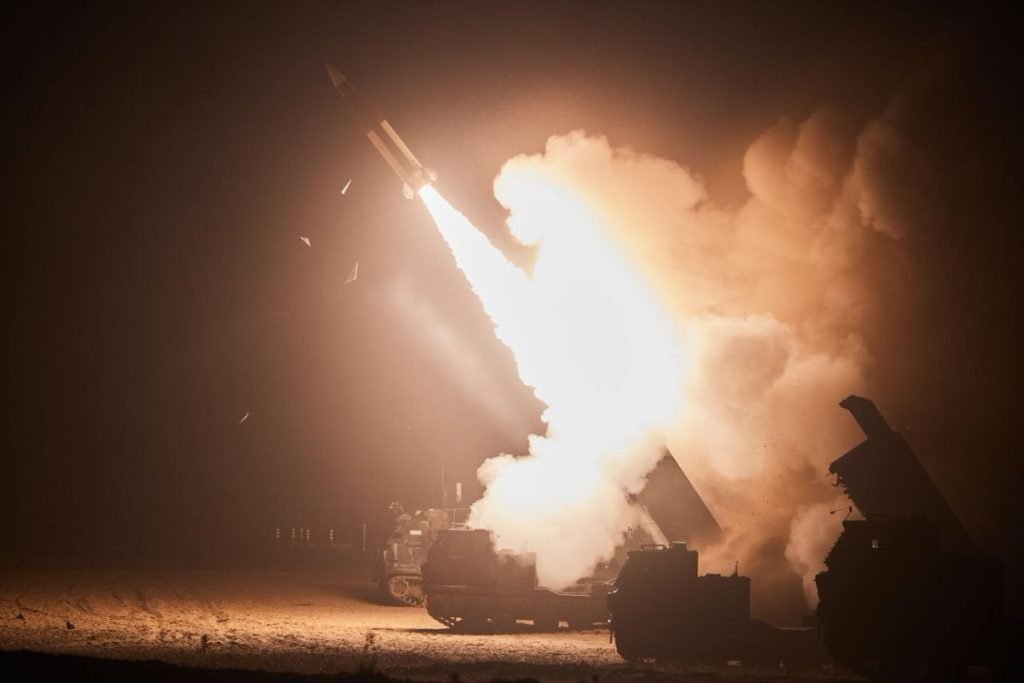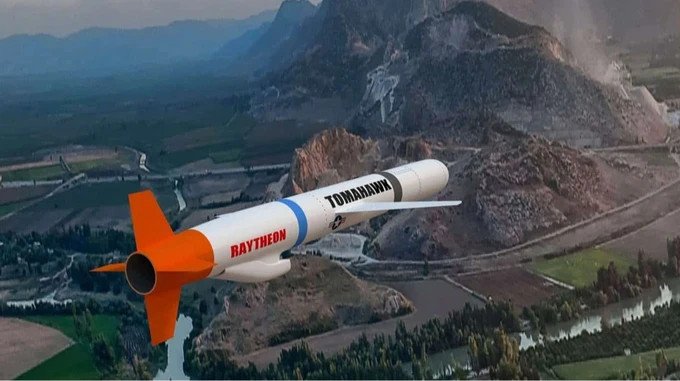On August 24, 2025, Reuters reported that the Pentagon has, for several months, been blocking Ukraine from using U.S.-supplied long-range ATACMS missiles against targets inside Russian territory. Since the arrival of President Donald Trump’s administration, the U.S. Department of Defense has introduced an informal procedure under which only Defense Secretary Pete Hegseth can personally authorize such strikes. In practice, this review mechanism has led to a near-total halt of deep strikes into Russia, despite Moscow continuing to launch drones and missiles from its own territory.
A policy of restraint amid talks with Moscow
The restrictions are part of the Trump administration’s attempt to “unfreeze” dialogue with the Kremlin and preserve U.S. weapons stockpiles. Officials have framed the policy as a way to avoid escalation, yet the decision comes while Russian forces conduct strikes from bases well beyond the reach of shorter-range systems. According to DW, this new approval system has effectively blocked ATACMS use since late spring, leaving Ukraine dependent on air defenses and exposing its cities to continued bombardment.
Strategic asymmetry and battlefield costs
Under Article 51 of the UN Charter, Ukraine retains the right to strike legitimate military targets on aggressor territory in self-defense. By limiting that capability, Washington creates what analysts describe as a strategic asymmetry: Russia can freely target Ukrainian cities from its rear bases, while Kyiv is denied the means to respond in kind. Without the ability to hit logistics hubs, airfields and missile depots inside Russia, the front line becomes static, Russian attacks last longer, and Ukraine’s need for costly air defenses grows — ultimately increasing the financial and geopolitical burden on U.S. taxpayers.
Impact on deterrence and allied confidence
The credibility of U.S. deterrence depends on predictability. Allies warn that providing advanced weapons but tying their use at critical moments undermines trust, sending a signal of hesitation not only to Moscow but also to Beijing. The result, they argue, is weaker deterrence in both Europe and Asia and a higher risk of broader conflicts. The contrast with late 2024, when the previous administration relaxed some restrictions after North Korea’s direct support for Russia, highlights an abrupt reversal that many partners view as inconsistent and demoralizing.
Humanitarian stakes and international law
Military experts note that precision strikes on strictly military infrastructure inside Russia would conform to the principles of distinction and proportionality under international law. Blanket bans, by contrast, turn parts of Russian territory into de facto “immune zones,” encouraging further aggression. Allowing such strikes could reduce the frequency of Russian attacks on Ukrainian cities, lowering civilian casualties and humanitarian costs. Advocates of a controlled approach stress that escalation risks can be managed through a limited target list, agreed munitions, and transparent procedures.
Broader geopolitical consequences
Analysts caution that the current prohibition benefits Moscow strategically while raising indirect costs for the West. Continued Russian strikes increase pressure on Ukraine’s air defense stockpiles, inflate reconstruction and compensation budgets, and fuel migration flows toward the EU, which spill over into NATO security debates. Conversely, enabling Ukraine to strike deep military assets in Russia could shorten the war’s horizon, strengthen U.S. credibility in the Global South, and stabilize macroeconomic conditions across the transatlantic alliance.
Ukraine, its European partners and many in Washington argue that strategic clarity — not restraint — is the surest way to contain the conflict and prevent its spread.










